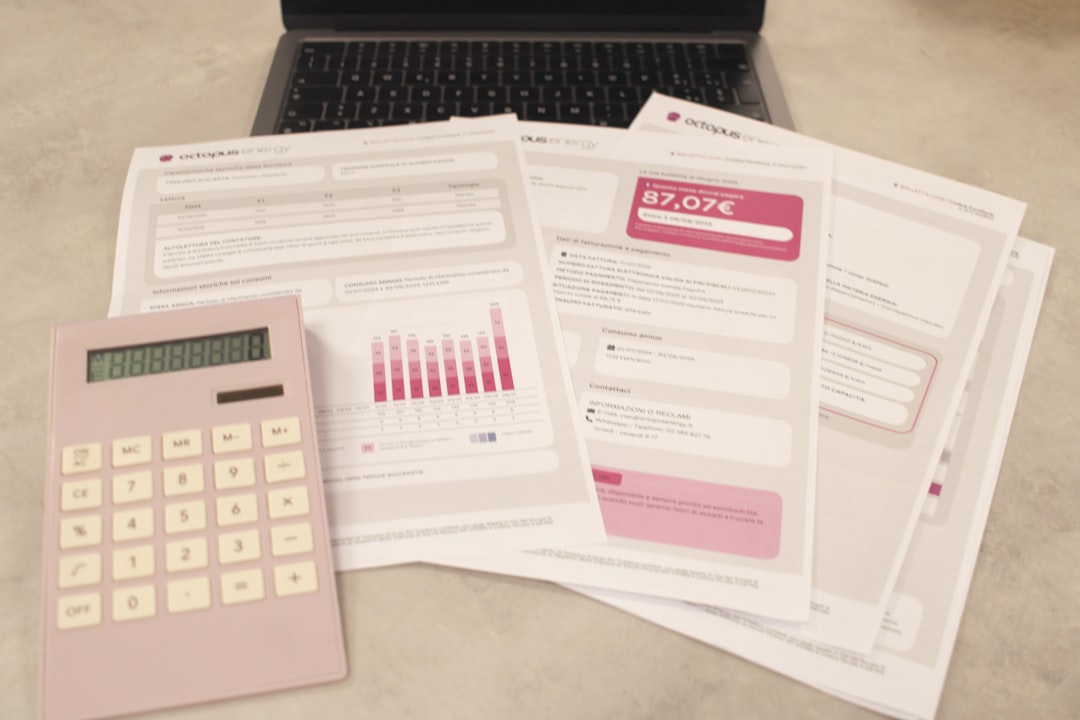In today’s fast-paced digital environment, small and medium-sized businesses (SMBs) face increasing pressure to streamline operations, maintain financial transparency, and ensure compliance with ever-evolving regulations. One of the most transformative tools enabling SMBs to achieve these goals is cloud accounting software. This technology provides real-time financial insights, automates mundane tasks, and enhances collaboration across teams regardless of physical location. Whether managing payroll, generating invoices, or filing taxes, cloud-based solutions offer scalability and flexibility essential for growing businesses.
Top 3 Cloud Accounting Software for SMBs
1. QuickBooks Online
Recognized as a market leader, QuickBooks Online offers an intuitive platform designed with the non-accountant in mind. Its dashboard provides a clear overview of financial health, and users can manage invoices, track expenses, and monitor cash flow with ease.
- User-friendly interface: Ideal for SMB owners with minimal accounting experience.
- Automation: Streamlines billing, payroll, and bank reconciliation processes.
- Integrations: Seamlessly connects with popular third-party tools like PayPal, Shopify, and Square.
QuickBooks Online is particularly beneficial for service-based SMBs that require robust invoicing and time-tracking features. With tiered pricing and scalable features, it accommodates businesses at any growth stage.

2. Xero
Xero has gained a global reputation for its clean interface and powerful functionality. Designed for collaboration, it allows business owners, accountants, and bookkeepers to work together in real time.
- Cloud-first approach: Everything is stored and processed in the cloud, eliminating the need for physical backups.
- Real-time updates: Automatic bank feeds and live reporting help users stay on top of their finances.
- Mobile-friendly: A robust mobile app enables financial management on the go.
Its multi-currency features and affordable pricing make Xero a great choice for SMBs engaging in international trade or working with a distributed team. Integration with over 800 apps extends its functionality even further.
3. FreshBooks
Tailored specifically for freelancers and small service providers, FreshBooks excels in invoicing and time tracking. Its simplicity and focus on client-billing make it a favorite among consultants, creatives, and agencies.
- Invoicing mastery: Create professional invoices in minutes, complete with branding and automated reminders.
- Time tracking: Log hours and link them directly to customer invoices.
- Customer experience: Offers a client portal where customers can view and pay invoices online.
FreshBooks simplifies the financial aspect of business for users who do not have a finance background. Its clean interface and 24/7 customer support add a personal touch often appreciated by SMBs.
Why Cloud Accounting is Crucial for SMBs
For SMBs operating with limited resources and staff, cloud accounting software is not just a convenience—it’s a necessity. Here’s why it is so critical:
- Cost Efficiency: Cloud platforms require no hardware investment or on-site IT personnel.
- Accessibility: Access financial data from anywhere, enabling remote work and real-time collaboration.
- Data Security: Top providers employ bank-grade encryption and automated backups to protect sensitive information.
- Automated Compliance: These solutions often stay updated with tax laws, simplifying regulatory adherence.
- Scalability: As a business grows, cloud software can easily upgrade services without disruption.
Integrating cloud accounting tools allows SMBs to focus on strategic decisions backed by real-time data analytics, rather than getting bogged down in manual book-balancing tasks.

Frequently Asked Questions (FAQ)
1. Is cloud accounting software safe?
Yes, reputable platforms like QuickBooks, Xero, and FreshBooks use advanced encryption and routine backups to ensure your data is secure.
2. Can I switch from traditional accounting to cloud-based software easily?
Most cloud software providers offer migration support and work with certified accountants to make the transition smooth and fast.
3. Do I need accounting experience to use these platforms?
No, most cloud accounting tools are designed with non-experts in mind, offering intuitive dashboards and guided workflows.
4. How much does cloud accounting software cost?
Pricing varies by provider and plan levels, starting from around $15/month to over $60/month depending on features and number of users.
5. Can I integrate other tools like CRM or eCommerce platforms with cloud accounting?
Yes, most top-tier platforms offer integrations with a wide ecosystem of third-party apps to streamline business processes.
I’m Sophia, a front-end developer with a passion for JavaScript frameworks. I enjoy sharing tips and tricks for modern web development.
